Humans
-
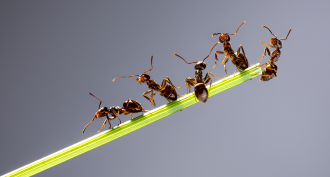 Health & Medicine
Health & MedicineHow many ants is the best number of ants? More than one, fewer than 100
How many ants does it take to make the best decision? This teen found that four to six is just right.
-
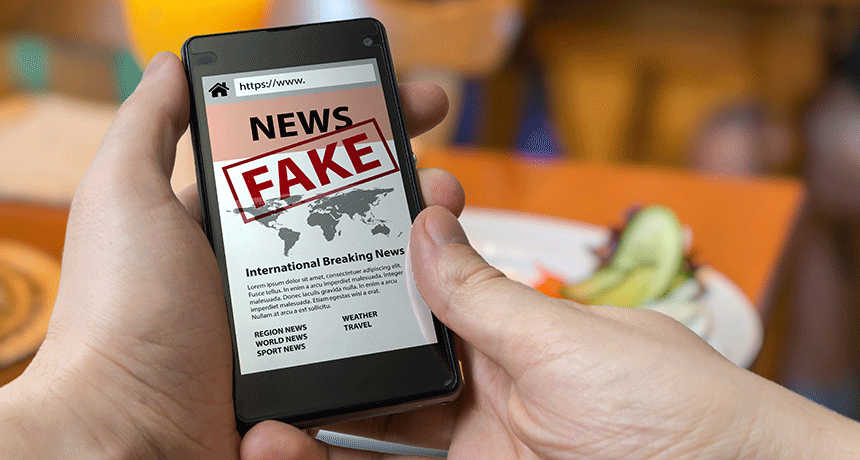 Psychology
PsychologyTeen fights fake news, one newsfeed at a time
How do we get rid of misleading news? One teen found that warning signs might help, but the most effective option, to him, looks too much like censorship.
-
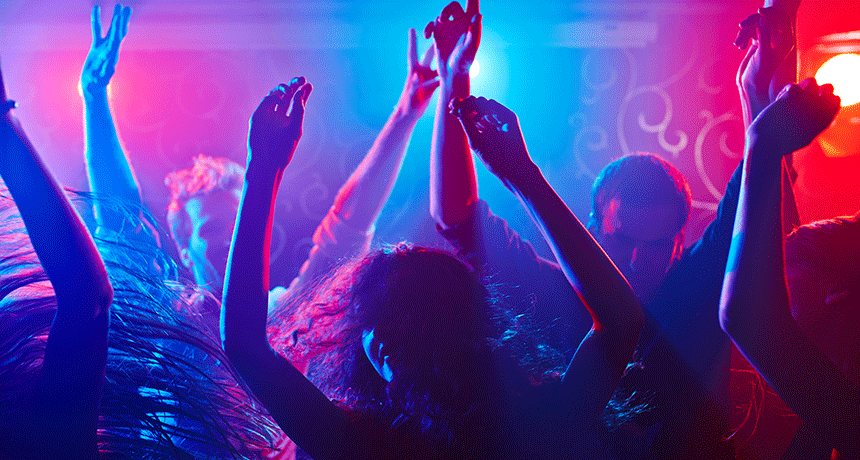 Health & Medicine
Health & MedicineDrug-detection system could help partygoers protect themselves
Fed up with people getting unwittingly drugged at parties, a teen designed a special bracelet. It can alert drinkers to the presence of certain hidden drugs.
-
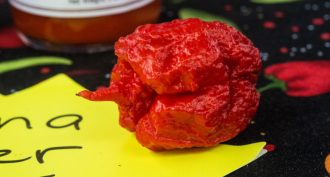 Health & Medicine
Health & MedicineOwww! World’s hottest chili leads to days of severe headaches
A man ate one of the hottest peppers in the world. About a minute later, his head began pounding. See why they didn’t permanently disappear for days!
By Dan Garisto -
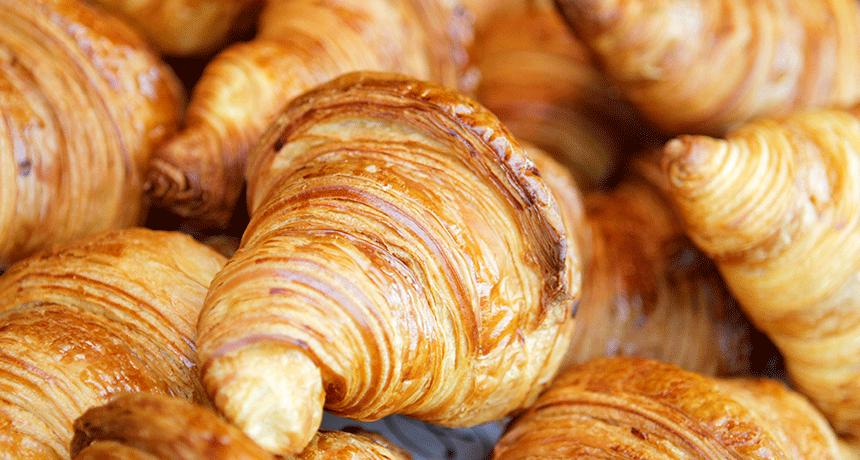 Health & Medicine
Health & MedicineScience-fair finding allows girl to sample a croissant
Some supplements claim they can help people with celiac disease, who cannot digest gluten. But do the pills work? One teen used science to find out.
-
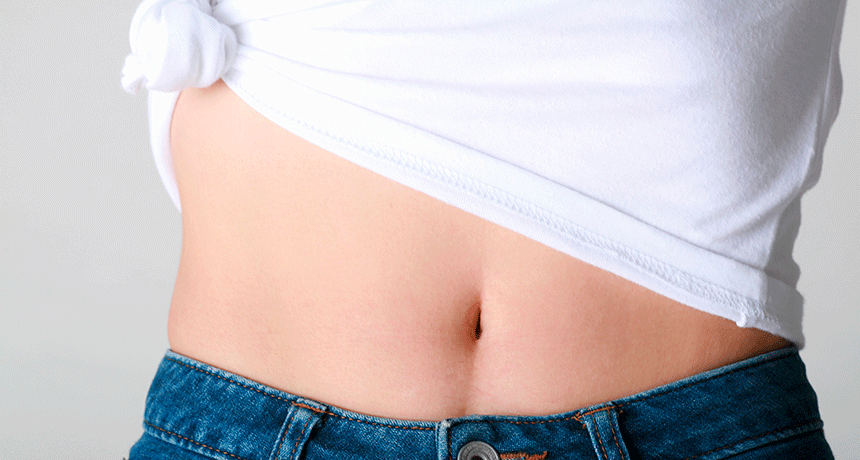 Health & Medicine
Health & MedicineWhich bacteria hang out in belly buttons? Here’s a who’s who
Bacteria are everywhere — even in our belly buttons. One teen at Intel ISEF decided to find out what types people were harboring in their navels.
-
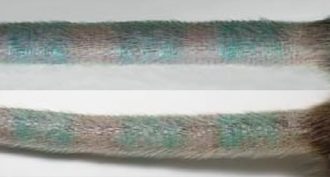 Life
LifeInked mice hint at how tattoos live on
Tattooed mice challenge our current understanding of how tattoos stay in humans.
By Dan Garisto -
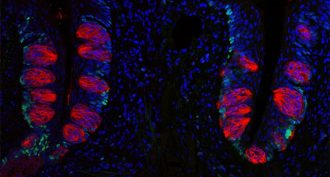 Health & Medicine
Health & MedicineObesity makes taste buds disappear — in mice, anyway
Mice that gained excessive weight on a high-fat diet also lost one in four taste buds.
-
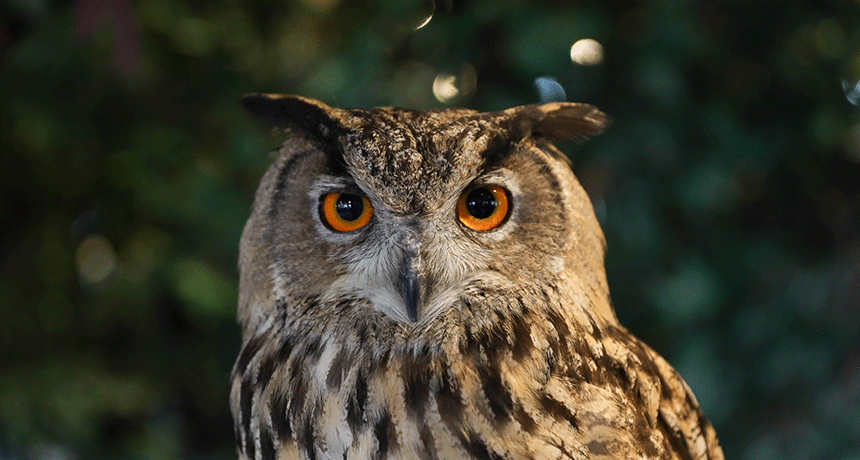 Health & Medicine
Health & MedicineScientists Say: Nocturnal and diurnal
Nocturnal animals are active at night. Diurnal animals live it up during the day.
-
 Environment
EnvironmentDirty air can harm your brain and stress the body
New research shows that polluted air can mess with the bodies — including the brains — of even healthy kids and teens.
-
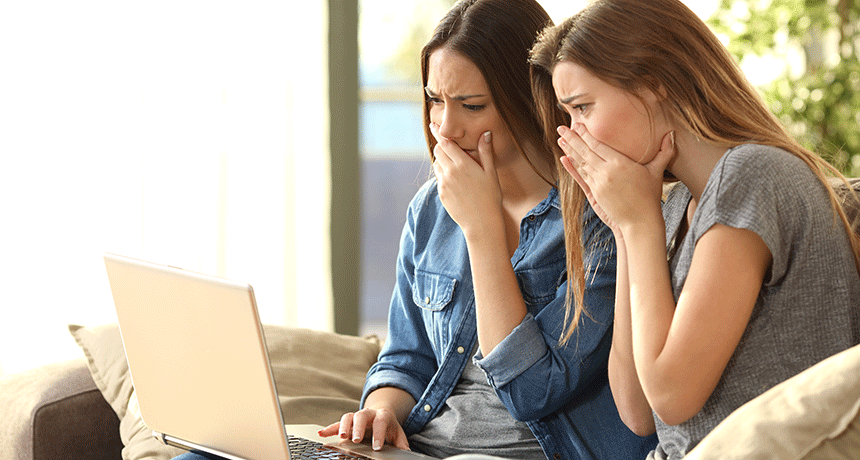 Psychology
Psychology2016 election stressed out some teens and young adults
Some teens and young adults felt stress, anxiety and fear during the 2016 election — no matter what political candidates they tended to prefer.
-
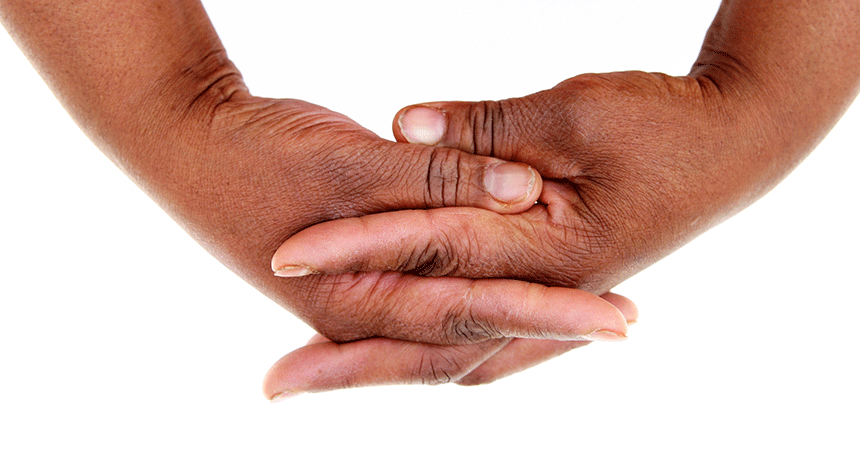 Health & Medicine
Health & MedicineScientists offer new explanation for knuckle-cracking
That annoying pop may come from the partial collapse of bubbles in the joint fluid.